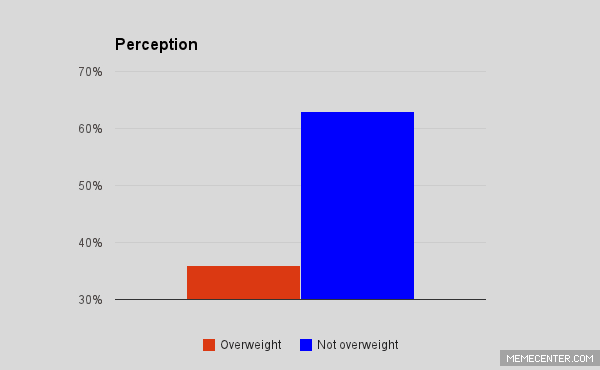The Council of Foreign Ministers of the EU called on Monday for the establishment of Jerusalem as the capital of both Israel and a future Palestinian state.
“If there is to be genuine peace, a way must be found through negotiations to resolve the status of Jerusalem as the future capital of two states,” said a statement released Tuesday by the EU. The council emphasized that the EU has never acknowledged the annexation of eastern Jerusalem by Israel, and called upon Israel to stop all discriminatory acts in eastern Jerusalem.
Eastern Jerusalem was taken from Jordan by Israel in the 1967 war and was annexed to Israel shortly afterwards. Under international law, the annexation of occupied territory is illegal. Nonetheless, the unity of Jerusalem as Israel’s “eternal” capital is one of the widest consensuses in Israeli society.
“The European Union will not recognize any changes in the pre-1967 borders including with regard to Jerusalem, other than those agreed upon by the parties,” the statement said.
“The Council reiterates the EU’s readiness to contribute substantially to post-conflict arrangements, aimed at ensuring the sustainability of peace agreements, and will continue the work undertaken on EU contributions on state-building, regional issues, refugees, security, and Jerusalem. The Council underlines the need for a reinvigorated Quartet engagement and notes the crucial importance of an active Arab contribution building on the Arab Peace Initiative.”
The final statement was a product of harsh negotiations. The original draft, which was offered by Sweden, was very pro-Palestinian and called to recognize eastern Jerusalem as the capital of the Palestinian state.
In response to the European council, Yigal Palmour, the spokesperson for Israel’s foreign ministry, said that “the statement by the Council of Foreign Ministers of the European Union ignores the primary obstacle to achieving a resolution between Israel and the Palestinians—the Palestinian refusal to return to the negotiating table.”
The spokesperson added in a statement to the press that “given the Israel Government’s efforts to renew the negotiations, Israel regrets that the EU has chosen to adopt a text that, even if it contains nothing new, does not contribute to the renewal of negotiations.”
“In light of the extreme draft originally presented by the Swedish presidency at the start of discussions, Israel does welcome the fact that in the end the voices of the responsible and reasonable EU states prevailed, balancing and improving the text,” the statement said.
“It could be expected that the EU act to promote direct negotiations between the parties, while considering Israel’s security needs and understanding that Israel’s Jewish character must be preserved in any future agreement,” the statement concluded.
“If there is to be genuine peace, a way must be found through negotiations to resolve the status of Jerusalem as the future capital of two states,” said a statement released Tuesday by the EU. The council emphasized that the EU has never acknowledged the annexation of eastern Jerusalem by Israel, and called upon Israel to stop all discriminatory acts in eastern Jerusalem.
Eastern Jerusalem was taken from Jordan by Israel in the 1967 war and was annexed to Israel shortly afterwards. Under international law, the annexation of occupied territory is illegal. Nonetheless, the unity of Jerusalem as Israel’s “eternal” capital is one of the widest consensuses in Israeli society.
“The European Union will not recognize any changes in the pre-1967 borders including with regard to Jerusalem, other than those agreed upon by the parties,” the statement said.
“The Council reiterates the EU’s readiness to contribute substantially to post-conflict arrangements, aimed at ensuring the sustainability of peace agreements, and will continue the work undertaken on EU contributions on state-building, regional issues, refugees, security, and Jerusalem. The Council underlines the need for a reinvigorated Quartet engagement and notes the crucial importance of an active Arab contribution building on the Arab Peace Initiative.”
The final statement was a product of harsh negotiations. The original draft, which was offered by Sweden, was very pro-Palestinian and called to recognize eastern Jerusalem as the capital of the Palestinian state.
In response to the European council, Yigal Palmour, the spokesperson for Israel’s foreign ministry, said that “the statement by the Council of Foreign Ministers of the European Union ignores the primary obstacle to achieving a resolution between Israel and the Palestinians—the Palestinian refusal to return to the negotiating table.”
The spokesperson added in a statement to the press that “given the Israel Government’s efforts to renew the negotiations, Israel regrets that the EU has chosen to adopt a text that, even if it contains nothing new, does not contribute to the renewal of negotiations.”
“In light of the extreme draft originally presented by the Swedish presidency at the start of discussions, Israel does welcome the fact that in the end the voices of the responsible and reasonable EU states prevailed, balancing and improving the text,” the statement said.
“It could be expected that the EU act to promote direct negotiations between the parties, while considering Israel’s security needs and understanding that Israel’s Jewish character must be preserved in any future agreement,” the statement concluded.



